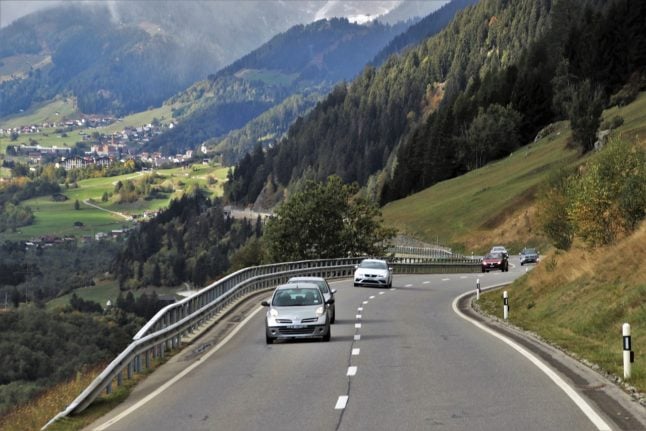In Switzerland, a simple rule for taking children in motor vehicles has been in place for a good two decades: Every child up to a height of 150 cm or the age of 12 must travel in a suitable child seat.
Its Austrian neighbour has even stricter rules in place. Babies and children in Austria must be correctly secured in a child’s seat up to the age of 14 if they are below 135 cm in height.
The German law takes a more relaxed approach and regulates that children from the age of 12 or those that are taller than 150 cm can ride in the vehicle without a child seat – with the appropriate seat belt, of course.
When can a child sit in the front?
According to the law in Switzerland, once a child has reached a height of 150 cm, they can sit anywhere in the car with or without a child or booster seat.
However, a child needs to reach a minimum height of 150 cm for the safety belts to guarantee their safety in a way that the neck is not constricted while driving in the event of sudden braking or an accident.
In principle, children are allowed to sit on the front passenger seat regardless of their age, however, this is not recommended by experts who argue that children are much safer in the back of the car. Furthermore, if a vehicle is equipped with airbags, rear-facing car seats may only be used if the front airbag on the passenger’s side is deactivated.

Can I be fined for my child travelling without an appropriate car seat?
You can and you will. The fine for transporting an unsecured child under the age of 12 is 60 francs, which, given the risk driving without an appropriate child seat poses to your child’s life, is mild.
But what about public transport?
Though this may seem illogical to some, Switzerland does not have any safety laws dictating that car seats be used on its buses, meaning it is not uncommon to see mothers standing in the aisle of a packed bus with a baby in a sling while struggling to hold on to a pole for stability.
Though politicians did briefly discuss equipping buses with baby and child seats in 2017 to avoid potential risks to minors, nothing came of it. Ultimately, supplying buses with special seats or introducing seat belts proved unrealistic given the number of seats and considering how often people hop on and off a bus – there is a stop almost every 300 metres in Switzerland.
Instead, drivers are now better informed of the dangers posed to minors travelling on their vehicles and parents are advised to leave children in strollers and not load those with heavy shopping bags.



 Please whitelist us to continue reading.
Please whitelist us to continue reading.
Member comments